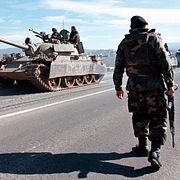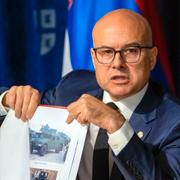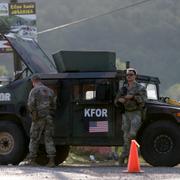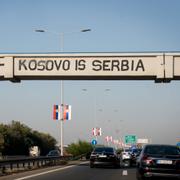Bråk om bilskyltar mellan Serbien och Kosovo löst
Serbien och Kosovo har genom EU-stödda förhandlingar kunnat lösa en långvarig konflikt om registreringsskyltar, rapporterar AFP.
”Mycket glad att tillkännage att chefsförhandlare för Serbien och Kosovo [...] kommit överens om åtgärder för att undvika vidare eskalering”, skriver EU:s utrikeschef Josep Borrell på Twitter.
Konflikten uppstod när regeringen i Kosovo hotade att straffa etniska serber i landet om de inte bytte sina serbiska registreringsskyltar till Kosovo-utfärdade.
Lösningen blir att Serbien slutar utfärda registreringsskyltar för städer i Kosovo, och regeringen i Pristina släpper kraven på omregistrering för dem som redan finns på vägarna.
Kosovo förklarade sig självständigt från Serbien 2008, vilket erkänns av 112 FN-länder – men inte Serbien.



